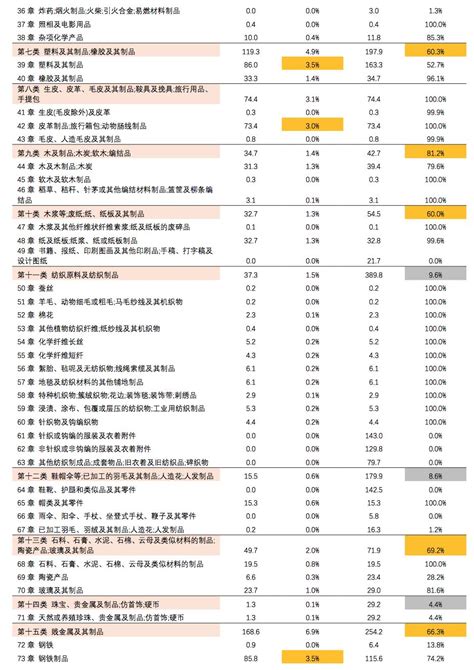美国加州的房产税是怎么征收的
Understanding Property Tax Rates in California
In California, property taxes play a crucial role in funding local governments, schools, and community services. Understanding the property tax rates in California is essential for homeowners, real estate investors, and anyone considering purchasing property in the state. Let's delve into the details of property tax rates in California and explore how they are calculated.
Overview of Property Taxation in California
Property taxes in California are governed by Proposition 13, which was passed by voters in 1978. Proposition 13 limits the property tax rate to 1% of a property's assessed value, plus any additional voterapproved local taxes and assessments. This 1% tax rate is applied uniformly throughout the state.

Factors Affecting Property Tax Rates
While the base property tax rate is set at 1%, the actual amount paid by property owners can vary depending on several factors:
1.
Assessed Value
: The assessed value of a property is determined by the county assessor and is based on the property's purchase price at the time of acquisition, adjusted annually for inflation by a maximum of 2%. However, when the property changes ownership, its assessed value is reset to market value.2.
Local Taxes and Assessments
: In addition to the 1% base rate, local governments, school districts, and special districts may levy additional taxes and assessments with voter approval. These additional charges can vary significantly depending on the location and specific needs of the community.3.
Exemptions and Deductions
: Certain property owners may be eligible for exemptions or deductions that reduce their property tax liability. For example, homeowners may qualify for a homeowners' exemption, which reduces the assessed value of their primary residence by a fixed amount.Understanding Effective Tax Rates
The effective property tax rate is the actual percentage of a property's market value that is paid in taxes each year. While the base rate is capped at 1%, the effective tax rate can be higher due to additional local taxes and assessments. Therefore, it's essential for property owners to consider both the base rate and any supplemental charges when calculating their total property tax liability.
Strategies for Managing Property Taxes
Given the significant impact of property taxes on homeownership costs, it's essential to explore strategies for managing property tax expenses:
1.
Claiming Exemptions
: Property owners should take advantage of any available exemptions or deductions to reduce their property tax burden. This includes exemptions for primary residences, veterans, seniors, and individuals with disabilities.2.
Understanding Assessment Appeals
: Property owners have the right to appeal their property's assessed value if they believe it is inaccurate or unfairly high. Understanding the assessment appeal process can help homeowners ensure they are not overpaying on their property taxes.3.
Monitoring Tax Changes
: Property owners should stay informed about potential changes to property tax rates and local assessments. Participating in local government meetings and staying engaged with community developments can help property owners anticipate changes that may affect their tax liability.Conclusion
Property tax rates in California are governed by Proposition 13, which establishes a base rate of 1% of a property's assessed value, plus additional local taxes and assessments. Understanding how property taxes are calculated and exploring strategies for managing tax expenses is crucial for property owners in California. By staying informed and taking advantage of available exemptions and deductions, property owners can effectively manage their property tax liability and ensure they are not overpaying on their taxes.
For more information on property tax rates in California, individuals should consult their county assessor's office or seek guidance from a qualified real estate professional.




0 留言